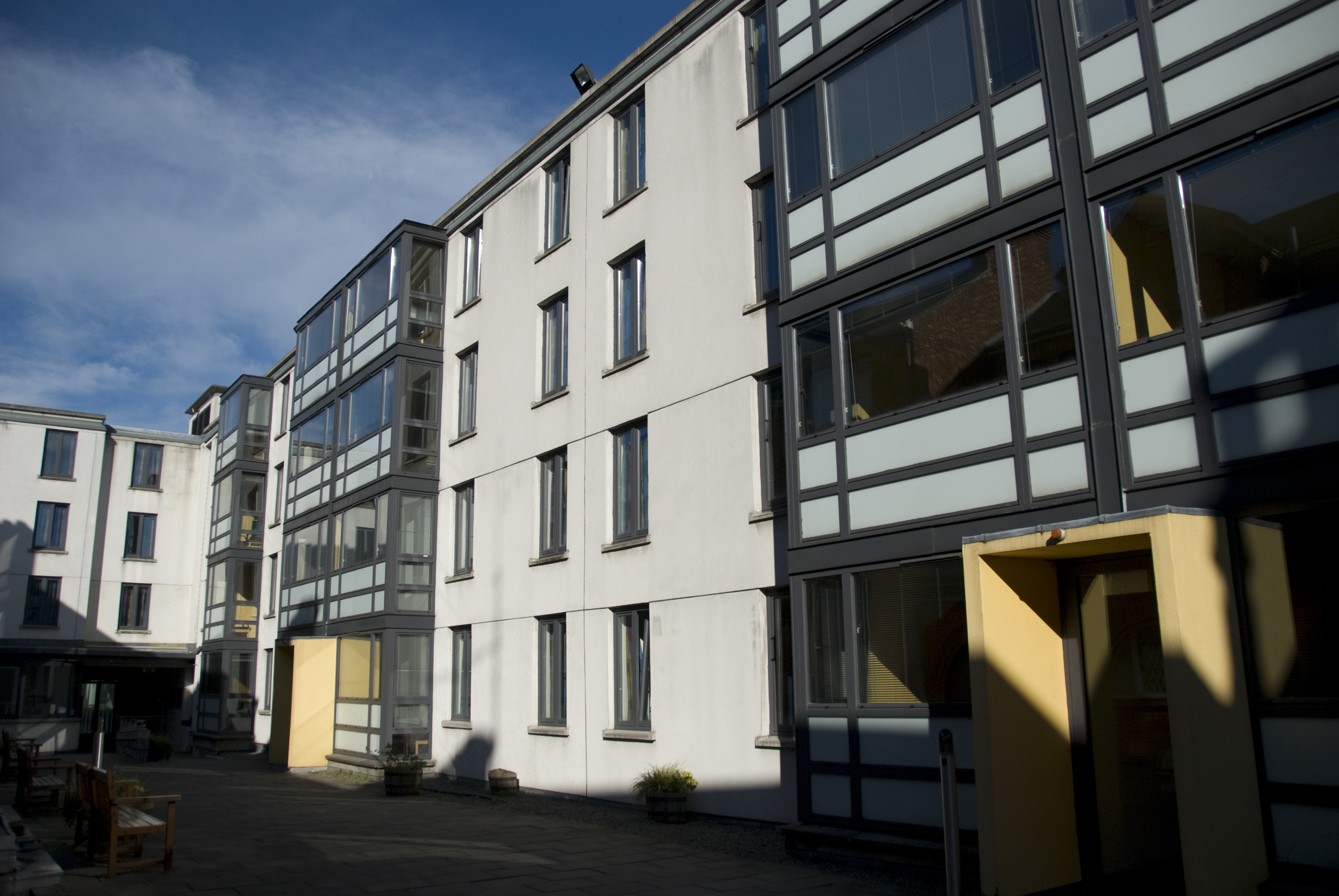Trinity’s communication to residents during the recent Covid-19 outbreak in Goldsmith Hall and the subsequent testing of all residents, caused “confusion and unnecessary stress” for students with one resident telling Trinity News that “the communication from Trinity was absolutely horrendous”.
On Wednesday, February 3, residents in on-campus accommodation including Goldsmith Hall received an email from the Director of College Health Service, Dr David McGrath, about there being “a number of positive cases on campus”. This email went on to advise students to follow government regulations and observe handwashing and social distancing etiquette. McGrath emphasised that “it is critical that people from different apartments do not meet up socially”. No further details were given in the email regarding the location of the cases.
At 5pm on the same day, residents in Goldsmith Hall received an email from the Accommodation Office “further to the e-mail from Dr David McGrath”. This email asked residents to complete an attached form “as a matter of urgency” before midnight that night. The form asked that students confirm their residency in Goldsmith Hall and also requested that they give their full name and provide their phone number “to update our records”. No further details were given as to the reason for filling out the form.
Students who completed the form began receiving text messages the next day from the Health Service Executive (HSE) informing them of a time for their Covid-19 test at the Aviva Stadium.
Speaking to Trinity News, one resident said they and their flatmates were “really confused” by the tracing text message as at that point they “didn’t know that we were even being tested”. Students were not aware they had been signed up by Trinity to be tested at this point, or that their phone numbers had been given to the HSE. Another resident said she “felt panicked” because “no information was given to us.”
Some students with international phone numbers were called by the HSE instead of texted, but since they were not expecting a call regarding testing, they did not pick up an unknown number. If Trinity had communicated to residents about the mass testing at the time they collected phone numbers, residents would have been prepared to be contacted.
At 4:18pm on Thursday, the University Times (UT) posted an article on their Facebook page stating that there were three positive Covid-19 cases in Goldsmith Hall and all Goldsmith residents were being tested. At 4:29 pm, 11 minutes after the UT article, residents in Goldsmith received an email from Dr McGrath telling them “a number of positive cases have been confirmed in Goldsmith Hall” and that all residents in Goldsmith would be tested “as a precautionary measure”. The email went on to say that “the HSE has requested that we provide contact details for residents to be tested, including a mobile phone number”.
The handling of this outbreak has raised a number of questions about communication and data protection for residents in Goldsmith Hall. Goldsmith residents learned of the reason they were being tested from a student newspaper, instead of a formal communication from College. Trinity withheld information from students about the outbreak until after it was published in a student newspaper, something which has caused many students distress and worry.
Instead of properly informing students about the situation when collecting information, residents were not told about the outbreak or the testing plans and their phone numbers were shared with the HSE without residents’ knowledge or consent. This potentially raises questions about residents’ data protection, with one of the data protection principles outlined under the General Data Protection Regulations (GDPR) being data needs to be used for the purposes which were explicitly given at the point where the data was collected.
Residents were not told when filling out the form that their phone numbers would be shared with the HSE, did not give consent for them to be, and were unprepared for being contacted regarding testing. A Goldsmith resident stated they “felt extremely violated” when they discovered their phone number was given to the HSE without their permission. “Although it was for a good reason, they definitely crossed a line.”
Goldsmith residents said that they understood the collection of phone numbers for the HSE was needed to contain the outbreak. However, not properly informing students of the reasons for their collection led to confusion when the HSE reached out to residents and denied residents the opportunity to give consent for their information to be shared.
College had an opportunity to reduce the level of stress students experienced during this period by being “more transparent and communicative” with residents. Instead, Trinity’s management of this situation led to unnecessary confusion. College’s “failure to communicate” with residents about the Covid-19 outbreak and the testing process has meant a chaotic end to the first week of Hilary Term for Goldsmith Hall residents.






